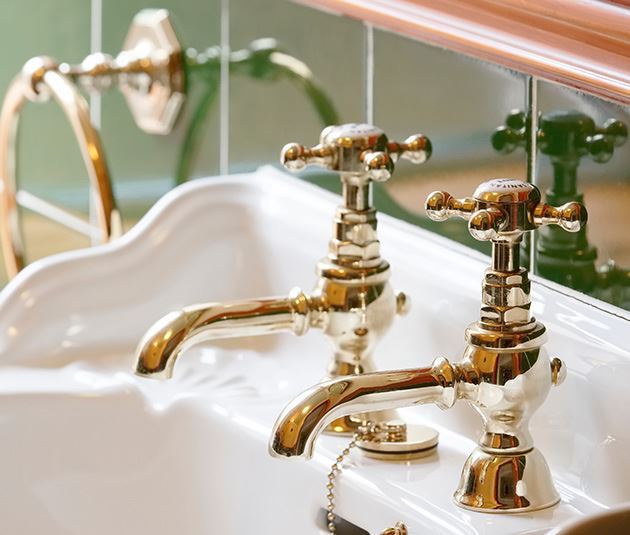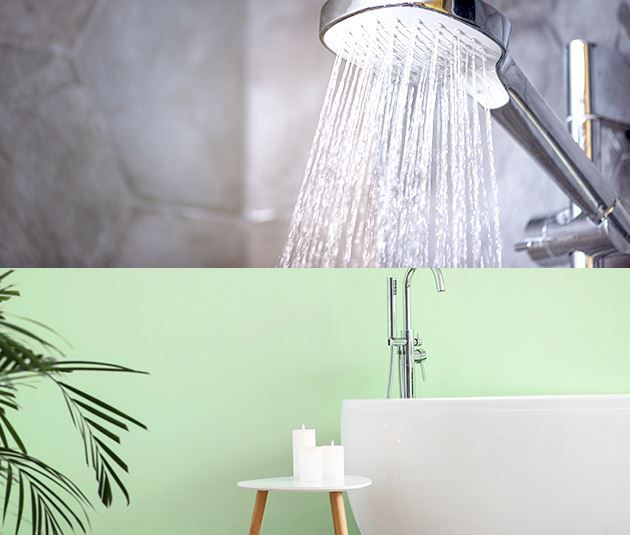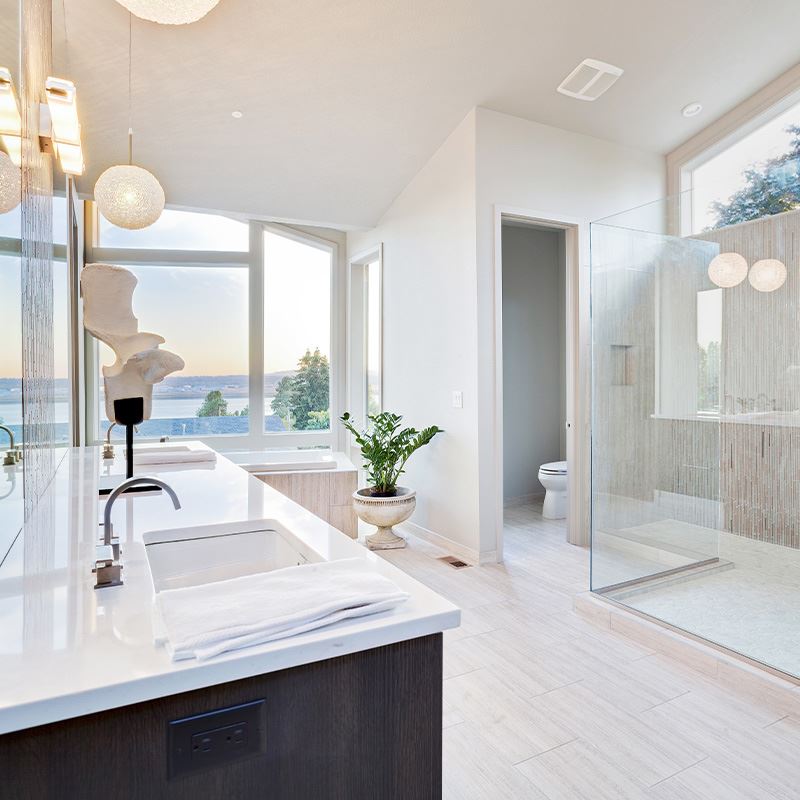
Top Residential Water Heater Services in San Mateo
Experiencing No Hot Water in San Mateo? Contact Us!
When a water heater fails to perform as it should, there’s no time to waste in getting a solution. At Nigel Mulgrew Plumbing, we offer same-day service for water heaters in San Francisco. Whether the problem requires repair or total replacement, we’re the team to trust to get the job done right. We’ve been delivering quality services for 25 years!
Call (415) 857-9980 or contact us online for fast, dependable service from trained professionals.
Maximize Your Water Heater's Efficiency and Lifespan
Looking for inexpensive ways to increase a water heater’s efficiency and longevity? The most important aspect of water heater maintenance is flushing the system once a year. This critical task removes sediment buildup from the bottom of the tank, which could otherwise damage the heating elements and cause the system to work harder. It’s also important to replace the system’s anode rod every three to five years to prevent internal corrosion of the tank. For additional energy savings, consider insulating the water heater, which can reduce standby heat loss by 25% to 45%.
Signs of Water Heater Failure
Water heater malfunction can present itself in a variety of ways. While homeowners might not be able to identify the cause of the issue they’re experiencing, such as a faulty heating element, sediment buildup, or an expired anode rod, they should be aware of some of the most common warning signs that a water heater requires repairs.
There are several signs that a water heater should be repaired as soon as possible, including:
- No hot water and the pilot won’t light
- Water is leaking under the water heater
- Not enough hot water
- Water never gets hot
- The presence of a rumbling noise
- A pipe on the side of the water heater is leaking
- It takes a long time for hot water to reach the faucet
- Hot water smells or tastes bad
- Water is discolored or gritty
Most water heating issues can be resolved with the help of a skilled plumber. If, however, a water heater is leaking because of a corroded tank, it will need to be replaced. Replacement should also be considered if the water heater is over 10 years old and requires frequent repairs.
Why Do I Run Out of Hot Water too Quickly?
If a water heater’s supply never seems to last long enough, it might me it’s time to upgrade to a unit with a larger tank. However, in some cases, a water heater might have a problem that’s causing it to run out of hot water too quickly. For example, if sediment is allowed to accumulate on the bottom of the tank, the water heater will have less capacity to store water.
A faulty heating element or dip tube could also be causing the water supply to run out faster than it should.
If a water heater is experiencing this type of issue, the experienced team at Nigel Mulgrew Plumbing is ready to find the source and provide an effective solution.
"Wonderful plumbing company!"Nigel Mulgrew Plumbing is a wonderful company whose service and customer service are some of the best I've experienced. They ...
- Robert B.


When Should You Replace Your Water Heater?
The lifespan of a water heater can vary depending on factors such as the type of water heater, its usage, and the local water quality.
In general, here are some guidelines on when you should consider replacing your water heater:
- Age: The typical lifespan of a water heater is around 8 to 12 years for traditional tank water heaters and up to 20 years for tankless water heaters. If your water heater is nearing the end of its expected lifespan, it's a good time to consider a replacement, even if it's still functioning.
- Inefficiency: As water heaters age, they can become less efficient. You might notice that your energy bills have been increasing, indicating that the unit is no longer heating water as efficiently as it once did. If it's not performing well, it might be time for a replacement.
- Rust or Corrosion: Inspect your water heater for any signs of rust or corrosion on the tank or pipes. Rust can weaken the tank and cause leaks. If you notice significant rust or corrosion, it's a good reason to replace the unit.
- Leaks: If you find water pooling around the base of your water heater, it's a clear sign that there's a leak. In this case, you should replace the water heater as soon as possible to prevent further damage to your home.
- Strange Noises: Unusual noises, such as popping, banging, or rumbling, coming from your water heater can be a sign of sediment buildup in the tank. Over time, this can reduce efficiency and potentially damage the unit. Flushing the tank may help in some cases, but if the problem persists, replacement might be necessary.
- Inconsistent Hot Water: If your water heater is producing inconsistent or lukewarm water, it could indicate a heating element or thermostat issue. If these components are failing and the unit is relatively old, replacing the water heater may be more cost-effective than extensive repairs.
- High Repair Costs: If the cost of repairing your water heater is significant and the unit is already several years old, it may make more financial sense to invest in a new, energy-efficient model rather than pouring money into repairs.
- Changing Water Needs: If your household has grown or your hot water needs have changed, your existing water heater may no longer be sufficient. In such cases, you may want to consider upgrading to a larger capacity unit or a tankless water heater.
- Energy Efficiency: Older water heaters are generally less energy-efficient than newer models. Upgrading to a more energy-efficient water heater can lead to long-term savings on your energy bills.
Ultimately, the decision to replace your water heater should be based on a combination of these factors, your budget, and your specific needs. Regular maintenance and inspections can also help prolong the life of your water heater and detect issues early. When in doubt, consult with a professional plumber to assess your water heater and provide guidance on whether replacement is necessary.
Contact our San Francisco water heater experts at (415) 857-9980 to schedule an estimate.









